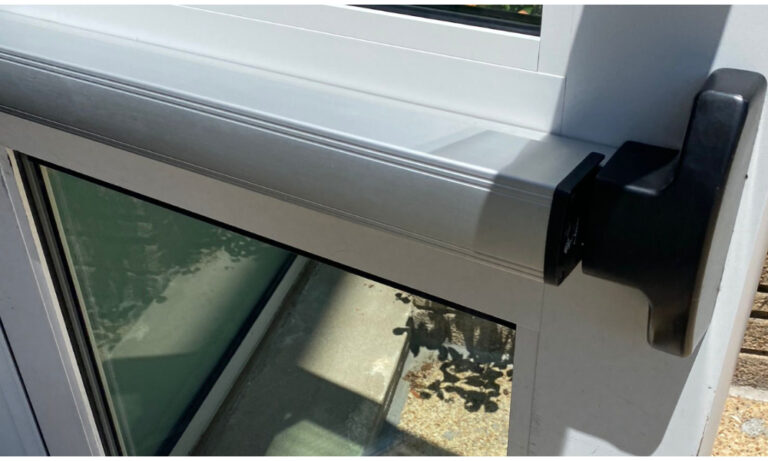
Preparing for a home inspection might feel overwhelming, especially if you’re selling your home. However, with a bit of preparation and attention to detail, you can help ensure the buyer’s home inspection report comes back with minimal issues. Think of it as setting the stage to show off your home at its best! In this article, I’ll walk you through what home inspectors typically look for, how to prepare, and what to do if the report reveals issues.
A buyer’s decision often hinges on the home inspection report. A glowing report can keep your sale on track, while a long list of problems might lead to renegotiations—or worse, a canceled deal. Taking the time to prepare shows buyers that you’ve cared for your property, which builds trust and keeps the process moving smoothly.
What Does a Home Inspector Look For?
A home inspector evaluates a house’s condition, identifying potential problems in areas that could affect its safety, functionality, and value. We asked Wesley Upchurch, of Upchurch Inspection, for some key insight, and he provided this list of key areas they typically inspect:
- Structural Integrity
The foundation, walls, roof, and overall structure are checked for signs of damage, such as cracks, sagging, or leaks.
- Roof and Attic
Inspectors look for missing shingles, leaks, and signs of poor ventilation or insulation in the attic.
- Plumbing Systems
They’ll check for leaks, corrosion, and water pressure issues in pipes, faucets, and water heaters.
- Electrical Systems
Outdated wiring, overloaded circuits, and improperly installed electrical panels can all raise red flags.
- HVAC Systems
Your heating and cooling systems will be evaluated for proper functioning and maintenance.
- Exterior Features
Siding, gutters, windows, and doors are inspected for wear and tear or damage.
- Safety Concerns
Smoke detectors, carbon monoxide alarms, handrails, and other safety features are reviewed for compliance and functionality.
How to Prepare for a Home Inspection
Preparing for a home inspection involves both cleaning and addressing any minor repairs. Here’s a checklist to help you get started:
- Declutter and Clean
Make sure the inspector can access all areas of your home. This includes clearing paths to the attic, basement, crawl spaces, and around the HVAC system and water heater.
- Check for Small Fixes
Inspect your home as though you’re a buyer. Look for obvious issues like a dripping faucet, squeaky door hinges, or a loose handrail. These small repairs can make a big difference.
- Test Your Systems
- Ensure all major systems are in working order:
- Turn on lights, fans, and appliances.
- Replace dead batteries in smoke and carbon monoxide detectors.
- Change HVAC filters for better airflow.
- Address Plumbing and Electrical Issues
Fix leaks, unclog drains, and check for any exposed wiring. These items are quick fixes that make a strong impression on inspectors and buyers alike.
- Document Repairs and Maintenance
If you’ve done major repairs or maintenance recently—like replacing the roof or servicing the HVAC—have the receipts and paperwork ready. This shows the inspector and buyers that the home has been well cared for.
- Be Honest About Known Issues
If you haven’t addressed a problem, let the inspector know upfront. Transparency can go a long way.
What to Do After the Home Inspection
Once the home inspector provides their report, don’t panic if issues are noted—it’s normal! Here’s how to handle it:
- Review the Report Thoroughly
The report will detail the inspector’s findings. Focus on major concerns that could impact the sale, like structural issues or safety hazards.
- Prioritize Necessary Repairs
If the report highlights critical repairs, consider addressing them immediately. Buyers are more likely to move forward when they see you’ve taken care of serious issues.
- Negotiate, If Needed
If repairs are extensive, you may need to negotiate with the buyer. Offering to cover repair costs or reducing the asking price can keep the sale on track.
- Keep Communication Open
Work with your real estate agent and the buyer to decide which repairs to tackle and how to proceed. Clear communication can help avoid misunderstandings.
Final Thoughts
Preparing for a home inspection doesn’t have to be stressful. By taking proactive steps to ensure your home is in tip-top shape, you can help make the process smooth for everyone involved. Remember, a home inspector’s job isn’t to “pass” or “fail” your house—it’s to give an honest assessment.
By addressing potential issues beforehand and making necessary repairs, you’ll increase the likelihood of a positive report and build confidence with potential buyers. Upchurch Inspection has more home inspection resources available, just visit their website or call 901-350-8885 if you have any questions.
Good luck with your home sale, and remember: a little preparation goes a long way!







